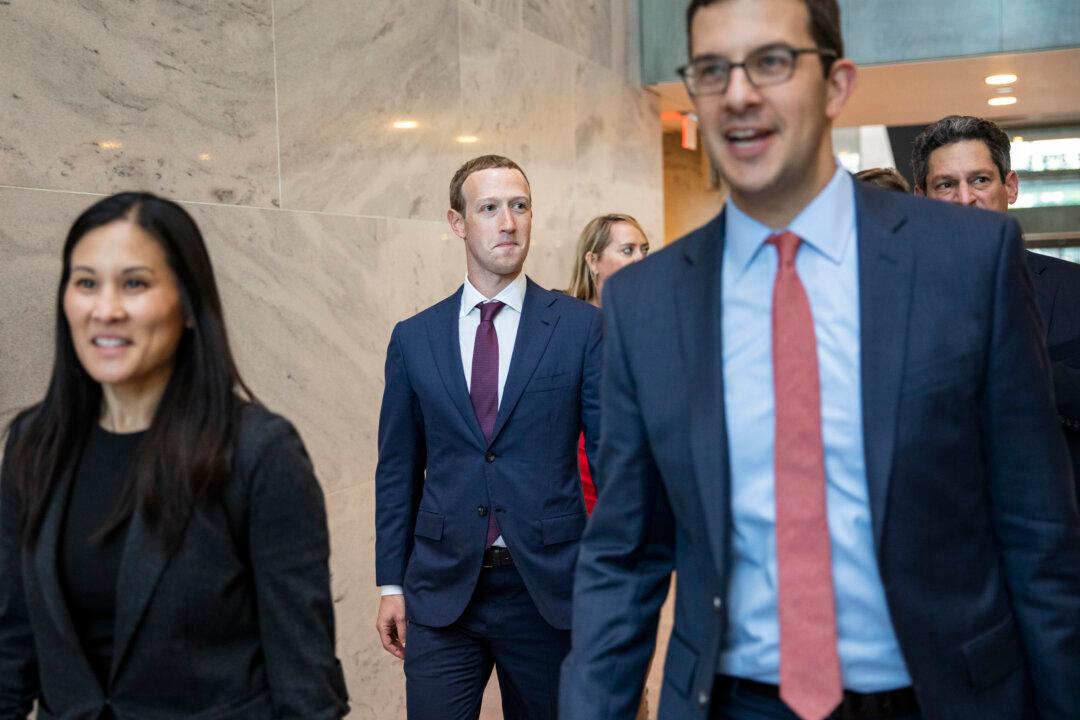Facebook and its CEO, Mark Zuckerberg, are ramping up an unprecedented involvement in the 2020 election.
Zuckerberg recently said Facebook as well as media organizations should brace Americans for delayed election results. He’s also announced new election-related content rules, signaling that Facebook will be deciding what information on its platform will be picked as legitimate if the election results get contentious.





